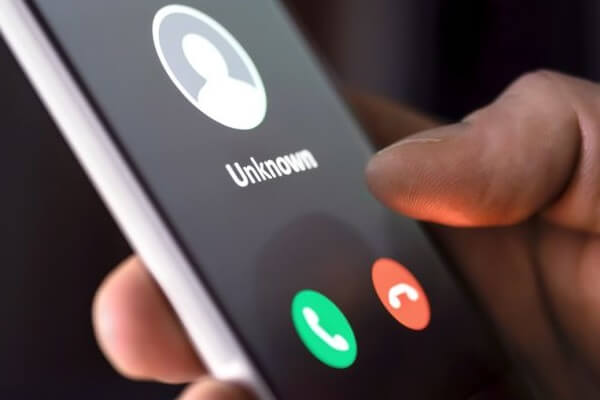
How to Avoid Holiday Phone Payment Scams
Phone, payment, and online shopping scams are nothing new—but with the holiday season in full swing, let’s take a refresher on how to avoid holiday payment scams so you can be prepared. Stay on the safe side by checking this list twice!
Hallmarks of Holiday Phone Payment Scams
Once they get you on the line, phone scammers use false promises, aggressive sales pitches and phony threats to pry loose information they can use to steal your money or identity (or both). Readily available spoofing tools can trick your caller ID into displaying a genuine government or corporate number, or one that appears to be local, to increase the chances that you’ll answer.
Whether live or automated, scam callers and texters often pose as representatives of government agencies or familiar tech, travel, retail or financial companies, supposedly calling with valuable information.
Here’s how to spot the signs over the phone:
- Unsolicited calls from people claiming to work for a government agency, public utility or major tech firm, like Amazon or Apple. These companies and institutions will rarely call you unless they have first communicated by other means or you have contacted them.
- Unsolicited calls from charity fundraisers, especially during the holidays and after disasters.
- Calls pitching products or services with terms that sound too good to be true. Common scam offers include free product trials, cash prizes, cheap travel packages, medical devices, preapproved loans, debt reduction, and low-risk, high-return investments.
- An automated sales call from a company you have not authorized to contact you. That’s an illegal robocall and almost certainly a scam.
Here’s how to keep yourself safe:
- Put your phone number on the FTC’s National Do Not Call Registry. It won’t stop spam calls, but it will make them easier to spot because most legitimate telemarketers won’t call you if you’re on the registry.
- Hang up on illegal robocalls.
- Ask questions of telemarketers. Legitimate businesses and charities will answer questions and give you time to consider a purchase or donation. Scam callers will pressure you to commit right away.
- Don’t answer calls from unknown numbers.
- Don’t return one-ring calls from unknown numbers. These may be scams to get you to call hotlines in African and Caribbean countries that have U.S.-style three-digit area codes, and you could incur hefty connection and per-minute fees.
- Don’t follow instructions on a prerecorded message, such as “Press 1” to speak to a live operator (it will probably lead to a phishing expedition) or press any key to get taken off a call list (it will probably lead to more robocalls).
- Don’t give personal or financial data, such as your Social Security number or credit card account number, to callers you don’t know. If they say they have the information and just need you to confirm it, that’s a trick.
- Don’t pay registration or shipping charges to get a supposed free product or prize. Such fees are ploys to get your payment information.
- Don’t make payments by gift card, prepaid debit card or wire transfer. Fraudsters favor these methods because they are hard to trace.

